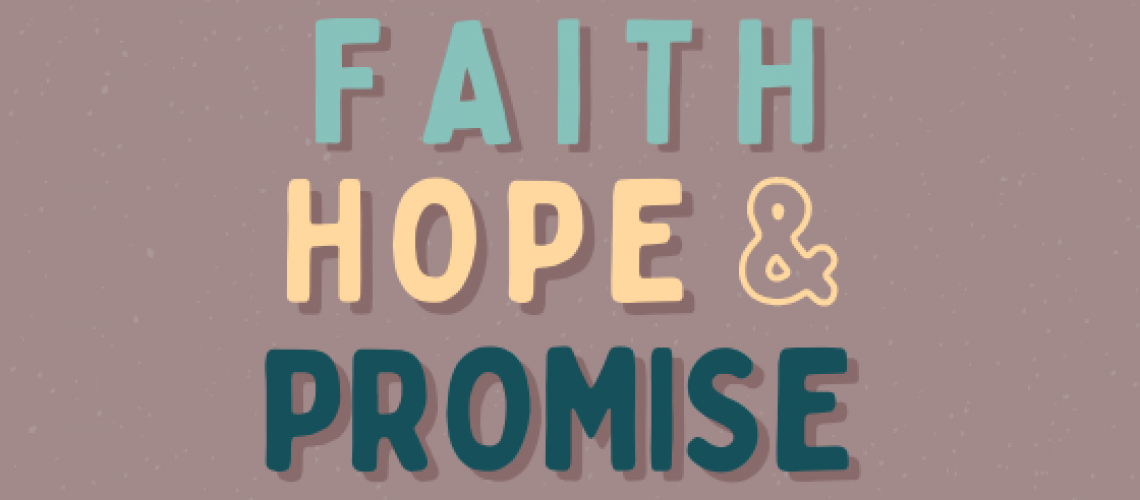So now faith, hope, and love abide, these three; but the greatest of these is love. 1 Cor 13:13
Picture yourself in a car going to the grocery store. You pull into the parking lot. It’s raining. You’re done with a long day at work and you just want to pick up some groceries, go home, and cook dinner. You don’t have a lot of money or time to spend.
In the corner of the parking lot, you see a cardboard sign with the inscription: “Can you help?” Is there a human being under that tarp? You are torn. What if the person is angry, or crazy? What if they want to sit and talk to you for fifteen minutes? You already went over your budget for this week. You’re a woman. What if the person is a man and you are afraid that, by going up to him alone, you’re giving him the wrong idea?
What do you do?
Make your choice!
Choice A: Well, I already spent $60 on myself this week, I guess it’s okay if I spend $6 to help someone in need. After my YES trip, I made a pact with myself that I would never pass up a person asking for help. I’ll stay true to my word.
Choice B: It’s okay. God will understand. I don’t have any money to spare right now. I’m all by myself. I’ll sit this one out. I’m just tired and I don’t have the energy in me right now for an encounter with a needy stranger.
Scroll to the outcome based on your answer!
FOR CHOICE A, RESUME READING HERE:
You remember your YES training: “Every human being is made in the image of Christ.” “Whatever you did to the least of these My brethren, you did it to Me.” “Need alone is the poor man’s worthiness.”
You weigh the options. Mercy trumps common sense. You’re a grown woman. You’re just going to give the person something that can help them, and go on. You go in and do your shopping, picking up a $10 gift card on your way out.
You put down the groceries in your car and scan the parking lot to where the pile, the cardboard sign, and maybe the human being are. Bravely, you get out, close the door, and start walking over, gift card in hand.
It turns out it really was just a pile. No human being in sight. But nonetheless, the owner of the stuff had left the plaintive sign: “Can you help?” So, obediently, you tuck the grocery bag with the gift card inside it somewhere into the stuff, where you hope the owner will see and notice it whenever he or she returns.
As you walk back to your car, the gray sky seems more colorful somehow. It’s a paradox: you spent money that you could barely afford to help someone you will never know. But, instead of feeling defeated, you suddenly feel joyful. Those clothes you were hoping to save up and buy for yourself a minute ago? They have suddenly lost their appeal, and instead, you find yourself thinking it would be nice to call your mom. Lightness fills your heart and a smile breaks out across your face.
THE END
FOR CHOICE B, RESUME READING HERE:
You feel bad all through your walk through the grocery store. Just being reminded that there’s someone in your town so needy that they can’t afford a roof over their head or dry clothes sensitizes you to your actual privilege. You have the choice of buying chocolate, fancy juice, slippers if you so choose. They, whoever they are, would probably be happy to have some meat and cheese today.
You come to terms with your decision and check out. As you walk back to your car, you glance over at the pile. Someone has appeared there, an old man with gray hair and a twisted leg. He is looking right at you, begging for interaction. You again feel uneasy: maybe you should go over? But you are a young woman, alone. Stoically, you get in your car and pull out. The least you can do is drive in front of him, make eye contact and smile. When he sees you make eye contact, he begins speaking to you, although you cannot hear because your windows are rolled up. You roll down the one next to him and a stream of words tumbles out. “I-haven’t-eaten-all-day- I’m-starving-I-just-want -to-get-some-food-CAN-YOU-HELP???” “Goodness, of course!” you say, grateful that this time, he made the first move. No one is behind you. You open up your wallet and give him your spare cash, $15. Surely he needs it more than you: Need alone is the poor man’s worthiness, a voice echoes in your subconscious. A beautiful smile breaks out over his face: “Thank you so much! God bless you!” he repeats a few times. “You’re welcome. What’s your name?” you ask, remembering your YES training. “David, what’s yours?” You tell him your name. “Nice to meet you,” he says. “David means beloved of God, you know. I believe in God,” he says. You glance behind you and still no one is behind your car, so you stay a couple minutes to listen. He tells you how a college student hit him in a car, crippling his leg, and how he didn’t want to sue him, so now he hobbles everywhere. His laundry got soaked in the rain and it costs ten dollars to wash it. You listen.
He says thank you a few more times and you wish him a good day. As you pull out into the street, three minutes later, your heart lightens. You are glad you ended up giving him some cash, talking with him and getting his name. Just the smallest crack of a window and God got in. At the red light, you notice the license plate in front of you has the letters DAV. Coincidence?
THE END




